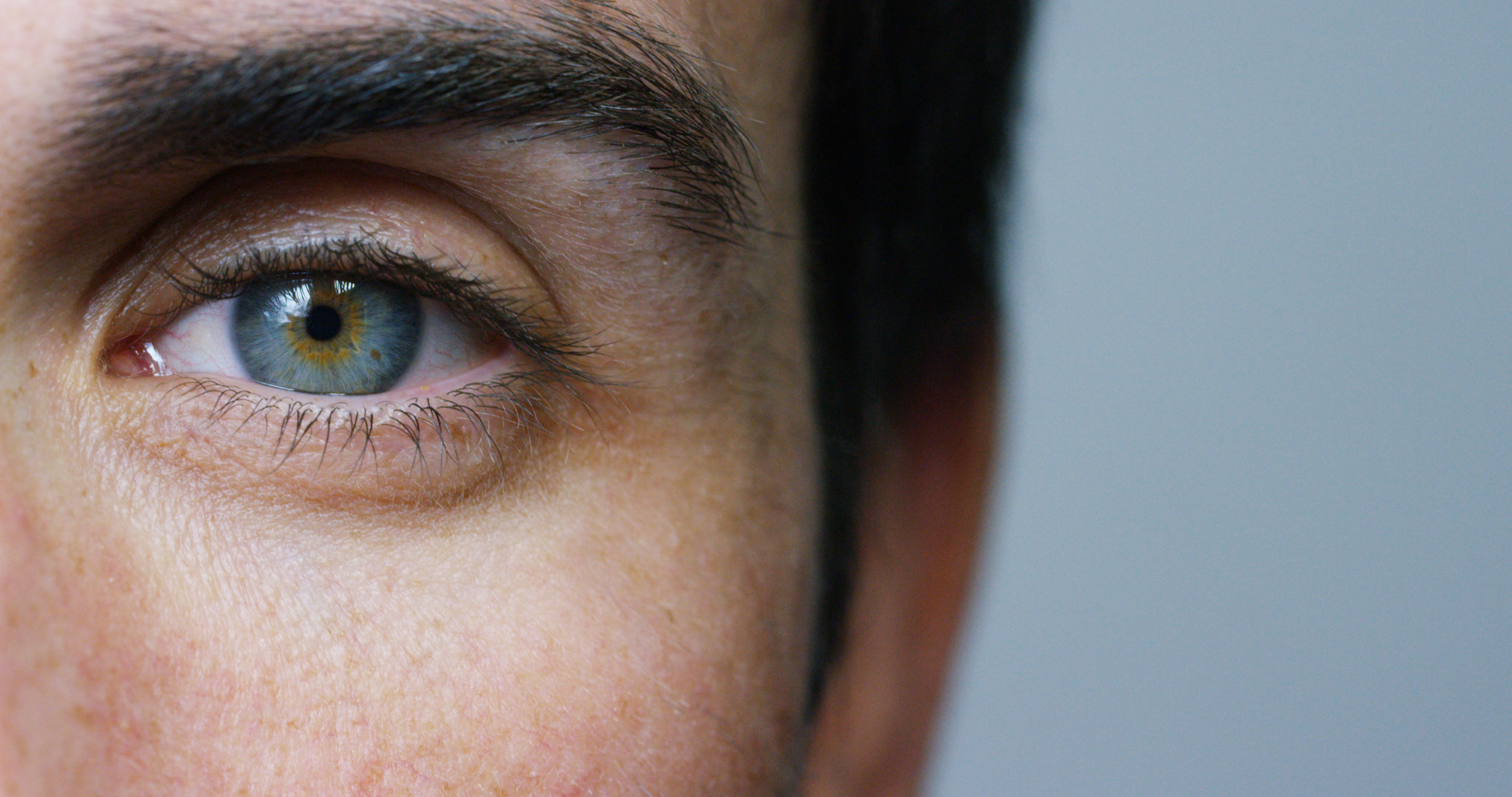
What Are Dry Eyes?
Dry eye syndrome is a common condition that affects millions of Americans every year. Dry eyes can occur if you don’t have adequate quality tears to nourish your eyes. People who develop dry eyes either do not produce sufficient tears for lubrication or their tears are of poor quality or a combination of both. This condition can make your eyes feel uncomfortable, and, in some instances, lead to vision problems.
What Are the Symptoms of Dry Eyes?
The following are the most common symptoms experienced when dry eye is present:
· Red eyes
· Sore eyes
· Itchy eyes
· Blurry vision
· Dryness sensation
· Sensitivity to light
· Heavy, fatigued eyes
· Burning, aching feeling in your eyes
· Watery eyes due to overstimulation of tear production
· Foreign body sensation or the scratchy feeling that grit or an object is lodged in your eye
What Causes Dry Eyes?
Dry eye disease results most commonly from two main conditions. These are Meibomian gland disease and Blepharitis. Meibomian gland dysfunction occurs when the oil producing glands in the eyelids become blocked and can no longer secrete the healthy oil that is required to protect the surface of the eye. This causes the tears to evaporate too quickly leading to discomfort and blurry vision. Blepharitis is a chronic inflammatory disease of the eyelids caused by an overgrowth of bacteria debris along the lid and lash line. Over time this leads to reduced gland performance and irritation.
Many factors can cause dry eyes, including:
· Age. Dry eyes can be a part of the natural aging process. The degree of severity of this condition increases with age. People over the age of 50 are more at risk for dry eye disease. Certain underlying health factors encourage the development of different kinds of disease processes including dry eye.
· Gender. According to the National Women’s Health Resource Center, about six million women have developed moderate to severe symptoms of dry eyes. This number is twice as many compared to men affected with dry eyes. Women are more likely to develop dry eyes due to some reasons. These include the use of contraceptives as well as hormonal changes during pregnancy and menopause.
· Health Conditions. Many medical issues can also cause dry eyes. These include inflammation of the eyelids or surfaces of the eye. People with diabetes, thyroid disease, and rheumatoid arthritis are also more likely to show signs of dry eyes. Other causative factors include long-term use of contact lenses and having undergone refractive eye surgeries.
· Medications. Some medicines decrease tear production. These include decongestants, antihistamines, diuretics, beta-blockers, sleeping pills, antidepressants, and heartburn medications.
· Environmental Factors. Environmental conditions can also affect sufficient lubrication in your eyes. For instance, living in dry climates can increase tear evaporation, thus resulting in dry eye symptoms. Exposure to smoke, wind, and dust can also contribute to dry eyes. Even failure to blink regularly can trigger dry eye symptoms. This often happens when you stare at your phone or computer screen for long periods.
What Is the Treatment for Dry Eyes?
Dr. Tara Parnell provides the highest-quality care for dry eyes and other vision problems. There is no one size fits all approach to treating dry eye. Depending on the causes of your dry eyes and the severity of the symptoms, Dr. Parnell may apply different treatment options to help ease the discomfort and address the underlying cause of dry eye, therefore, eliminating or reducing symptoms. These include the use of heat and moisture masks, over-the-counter eye drops, nutritional supplements, and prescription medicines. The most effective and common treatment to address the meibomian gland dysfunction is the use of thermal radiofrequency heat applied in the office which loosens and removes the stagnant, blocked oils, and restores a normal tear film. Several lifestyle changes are also often advised to keep your eyes healthy.
Are you looking for relief from dry eyes? Visit Perception Eye Health & Wellness in Southport, North Carolina, today. Call us at (910) 400-1215 to learn more about our eye care services.







